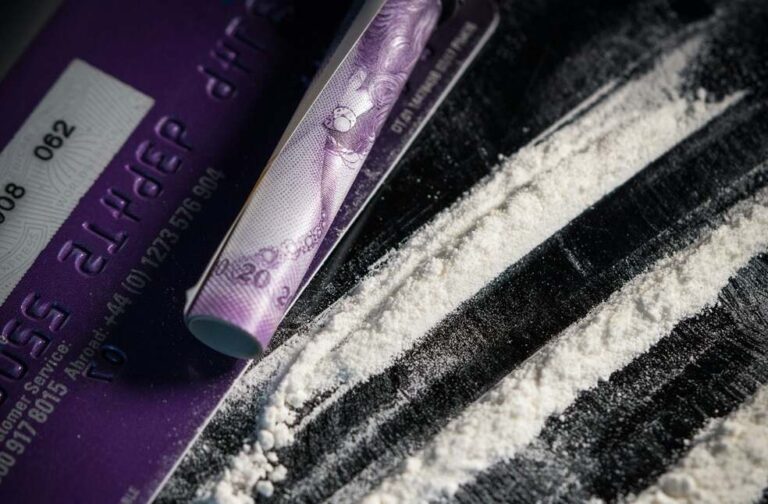United States: A recent United Nations report has revealed that cocaine seizures in the West African Sahel region have skyrocketed, suggesting that the region plagued by conflict is increasingly being used as a major gateway for drug trafficking.
The UN Office on Drugs and Crime (UNODC) released a study stating that in 2022, 1,466kg (3,232 pounds) of cocaine were intercepted in Mali, Chad, Burkina Faso, and Niger, as opposed to an average of 13kg (28.7 pounds) between 2013 and 2020.
As per the data, cocaine is the most confiscated substance in the Sahel region, following cannabis resin.

The Sahel is a perfect transit region for the growing amount of cocaine generated in South America and headed for Europe because of its position, which is south of the Sahara desert and stretches from the Atlantic to the Red Sea.
According to UNODC regional representative for West and Central Africa Amado Philip de Andres, trafficking has a negative impact on health and peace both locally and globally.
“The involvement of various armed groups in drug trafficking continues to undermine peace and stability in the region,” said Philip de Andres.

The report emphasized that armed organizations in the Sahel, which is grappling with a recent wave of coups, receive financial support from the drug trade, which has led to the growth of extremist networks in the region.
“Drug trafficking is facilitated by a wide range of individuals, which can include members of the political elite, community leaders, and leaders of armed groups,” the UNODC said.
It added that this enables armed groups to “sustain their involvement in the conflict, notably through the purchase of weapons”.
“Traffickers have used their income to penetrate different layers of the state, allowing them to effectively avoid prosecution,” the UNODC added.



